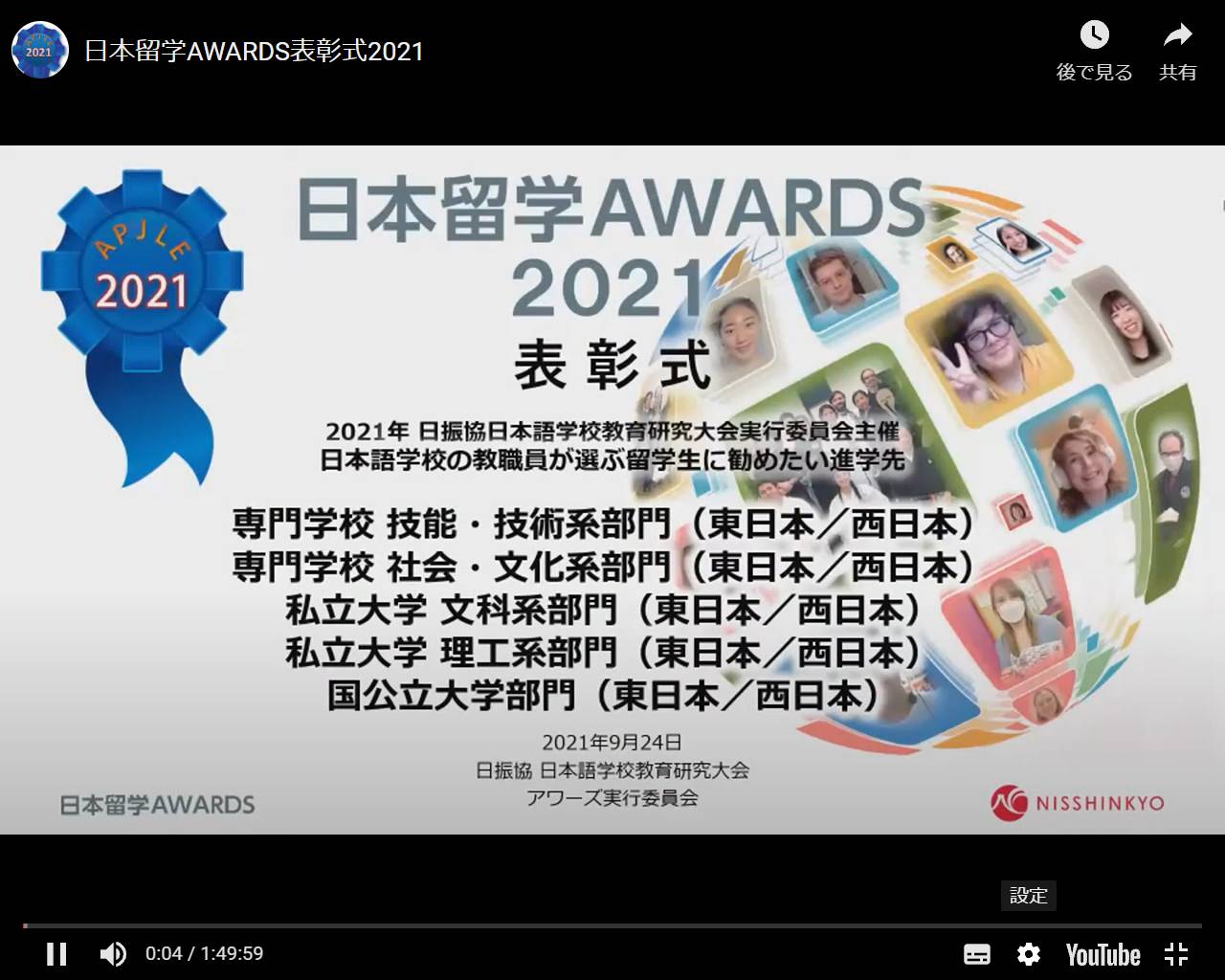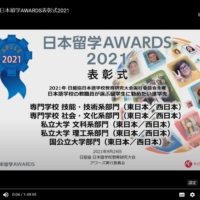On Sept. 24, the Association for the Promotion of Japanese Language Education hosted its annual Japan Ryugaku Awards ceremony for Japanese-language schools.
This year’s ceremony marked the 10th iteration of the awards, which were launched in 2012 to lure students back after the Great East Japan Earthquake, tsunami and nuclear crisis in 2011. The awards are determined by a school network that examines several categories, such as technical and cultural vocational schools, private liberal arts and science departments and public universities. Voting is based on criteria that include the provision of easy-to-understand materials, availability of simplified application procedures and separate tracks for international students, and quality support systems to help students find jobs in Japan. This year, 166 schools — 72% of the association — cast 450 votes for institutions that went above and beyond to help their students.
The awards celebrate these support initiatives, but the closure of Japan’s borders due to COVID-19 cast a shadow over this year’s ceremony. In March 2020, Japan’s entry ban forced thousands to put their study-abroad aspirations on hold. There was a glimmer of hope in October 2020 when Japan decided to let students in, but the ban was reinstated in January for another COVID-19 surge.
On Nov. 8, Japan again lifted its entry ban on students, but new paperwork and responsibility burdens, a daily immigration cap and a priority list are ensuring even longer waits for study-abroad hopefuls.
Behind the new burdens are worries that students might be hit by a public backlash if a surge in COVID-19 coincides with their entry. As a result, their sponsors are being required to ensure students will obey the roughly two-week quarantine and other safety rules while in Japan.
The COVID-19 entry restrictions have had a devastating impact on Japanese-language schools, which have seen enrollment by new students plunge 96.7%. There are over 15,000 language students waiting to enter Japan, but there are fears these students will cancel their plans if the situation does not improve significantly in the near future.
In the face of the tremendous challenges posed by COVID-19, many educational institutions across Japan worked diligently to support international students. Examples of support initiatives included emergency financial aid, on-campus vaccinations and the provision of computers and portable Wi-Fi devices for online and hybrid classes.
The awards recognized the accomplishments of 50 institutions across five categories: technical vocational schools, cultural vocational schools, private liberal arts departments, private science departments and public universities. Awards were given to 10 institutions in each category. These schools were then separated into “west Japan” and “east Japan” divisions, with grand prizes awarded to a single institution in each.
In the technical vocational school category, Japan Electronics College received its first east Japan grand prize and Toyota Technical College Nagoya won its first west Japan grand prize. In the cultural vocational school category, Tokyo International Business College received its fifth consecutive Japan east grand prize and Ehle Institute College its second consecutive west Japan grand prize.
In the private liberal arts department category, Takushoku University received its second consecutive east Japan grand prize, while the University of Marketing and Distribution Sciences received its second consecutive west Japan grand prize. In the private science department category, Tokyo University of Science won its second consecutive east Japan grand prize and Ritsumeikan University won its first west Japan grand prize.
In the public university category, Yokohama National University received its fifth consecutive east Japan grand prize and Kobe University its second consecutive west Japan grand prize.
In addition to the grand prizes, Tokyo International Business College and Yokohama National University were inducted into the Ryugaku Awards Hall of Fame for the five consecutive grand prizes they received from 2017 to 2021.
The following 10 schools received this year’s Japan Ryugaku Awards, recognizing their excellence in supporting international students.
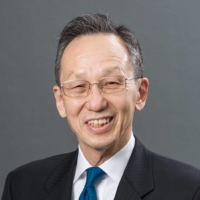
Vice President
Kindai University
URL: https://www.kindai.ac.jp/english/
Learning for the ‘real world’
Kindai University works to promote the “Kindai way” of international exchange. Our projects have been internationally recognized, including one for completely farm-raising bluefin and others for researching biocoke and even reviving a mammoth. We currently have about 500 international students enrolled from 18 countries and aim to actively promote further exchanges by taking advantage of our strengths, expanding foreign enrollment and encouraging our Japanese students to study abroad.
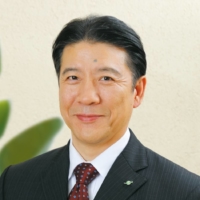
Principal
Japan Electronics College
URL: https://www.jec.ac.jp.e.aem.hp.transer.com/
We promise you a bright future
Established in 1951, we have produced around 110,000 graduates who have joined companies around the world. More than 600 students from 23 countries are learning at our college, and each year, more than 90% of our foreign students succeed in getting a job in Japan.
We’ll work hard to support you in the challenges of life, technological learning and getting a job.
We are looking forward to meeting you!
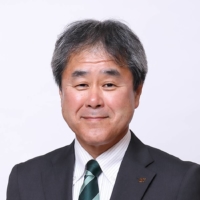
Vice president, professor
Shibaura Institute of Technology (SIT)
URL: https://www.shibaura-it.ac.jp/en/
For the world, through technology
Our main campus is located in the very center of Tokyo, where you can learn cutting-edge engineering and science, and enjoy a blend of traditional and modern Japanese culture. SIT is one of the top global universities in Japan, and we are making all efforts to become a globally open world-class technical university. We offer a diverse and multicultural environment and special support for international students. Come join us.
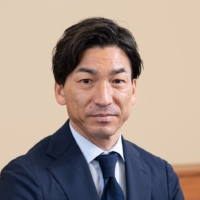
President
Tokyo Technical College Nakano Campus
Drive into the future
We are the Tokyo metropolitan area’s largest school for automobile and motorbike engineers with more five decades of history, having sent some 20,000 graduates into the automotive industry. We currently have about 320 students from 21 countries working hard to learn automotive technology. Japan’s automakers need skilled engineers who can function in international situations. We are working to ensure international students can live, study comfortably and find jobs in Japan.
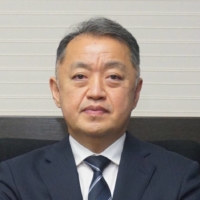
President
Takushoku University
URL: https://english.takushoku-u.ac.jp/
Well-rounded education
Takushoku University, which marked its 120th anniversary last year, has accepted many international students. This has allowed us to acquire experience teaching Japanese, and our separate screening program for foreign students has helped promote international exchanges on campus. We aim to develop tough individuals who have the skills to work with all kinds of people and actively identify and resolve issues by providing many opportunities to take action.
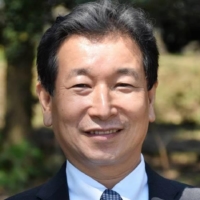
Vice Chancellor (Global Initiatives)
Tokai University
URL: https://www.u-tokai.ac.jp/
‘Diversity & Inclusion’
Tokai University has about 1,300 students from 47 countries and regions. The over 20,000 students at its main Shonan campus have plenty of opportunities to mix and make friends across the boundaries of major or nationality. We have a full range of facilities to support them, including international coursework, a tutoring system and scholarship programs.
Our offices also offer one-stop convenience, handling everything from course registration to visas and job consultations.
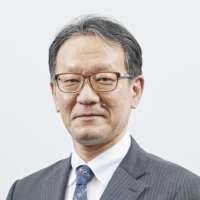
Acting President
Tokyo University of Science
URL: https://www.tus.ac.jp/en/
Pushing sustainable development
Since its founding in 1881, the Tokyo University of Science has maintained an education policy of “achieving excellence.” Many graduates are actively working for high-technology companies. To support international students, we provide freshman-specific guidance, assign a senior student as an adviser to each, manage an international dormitory and help students maintain legal residency in Japan.
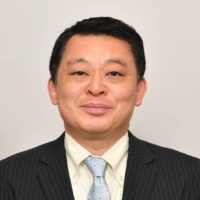
Director of International Center
Tokyo Denki University
URL: https://www.dendai.ac.jp/en//
Respect for principled study
Tokyo Denki University (TDU) was founded in 1907 by two young engineers, Seiichi Hirota and Shinkichi Ogimoto, who played active roles in the industrial world. They wanted to perpetuate their belief that, “Promoting engineering education is indeed the foundation for the development of a nation.” Through its solid and diligent academic culture, TDU has been fostering students for over a century with the mission of “Developing human resources who contribute to society through technology.”
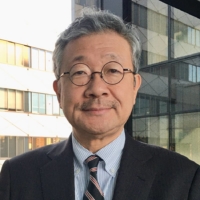
Vice President for International Affairs
Toyo University
URL: https://www.toyo.ac.jp/en/
Primed for international success
Selected for Japan’s Top Global University Project and Program for Enhancing Employment of International Students, Toyo University is committed to providing quality education. You can study specialized subjects in Japanese and English, and take advantage of internship opportunities, career counseling, Business Japanese courses, and our international dorm in Tokyo. We look forward to helping you prepare for a successful career on the global stage!
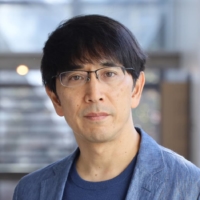
Vice President/Executive Director of the International Center
Tokyo Metropolitan University
URL: https://www.tmu.ac.jp/english/index.html
Pursue an ideal state of humanity
TMU, as the only public university in the metropolis, offers quality education based on research prowess backed by rich academic resources in Tokyo.
We have seven faculties and seven graduate schools that provide international students with an ideal study environment.
Almost all international students are granted tuition waivers and scholarships.
We look forward to welcoming you!
For more information on the Japan Ryugaku Awards,
please visit https://www.ryugakuawards.org/
Download the PDFs of this Japan Ryugaku Awards Special 2021



